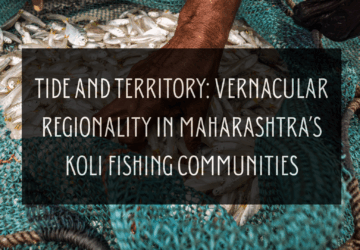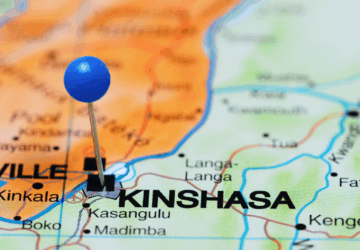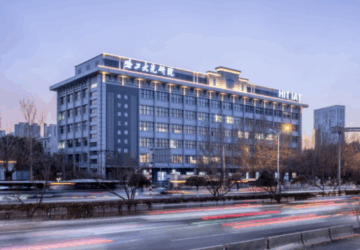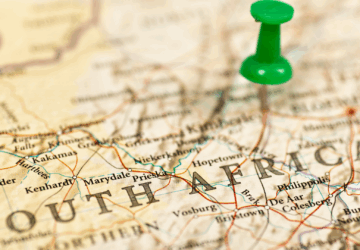
For centuries, Mumbai’s Koli fishing communities have sustained a way of life shaped by the tides, their Koliwadas (कोळीवाडा, Marathi for hamlet of the Kolis) functioning as self-contained maritime regions with distinct cultural, linguistic, and economic rhythms. These settlements, which are now under pressure from coastal reclamation and urban expansion, illustrate both their deep historical […]



